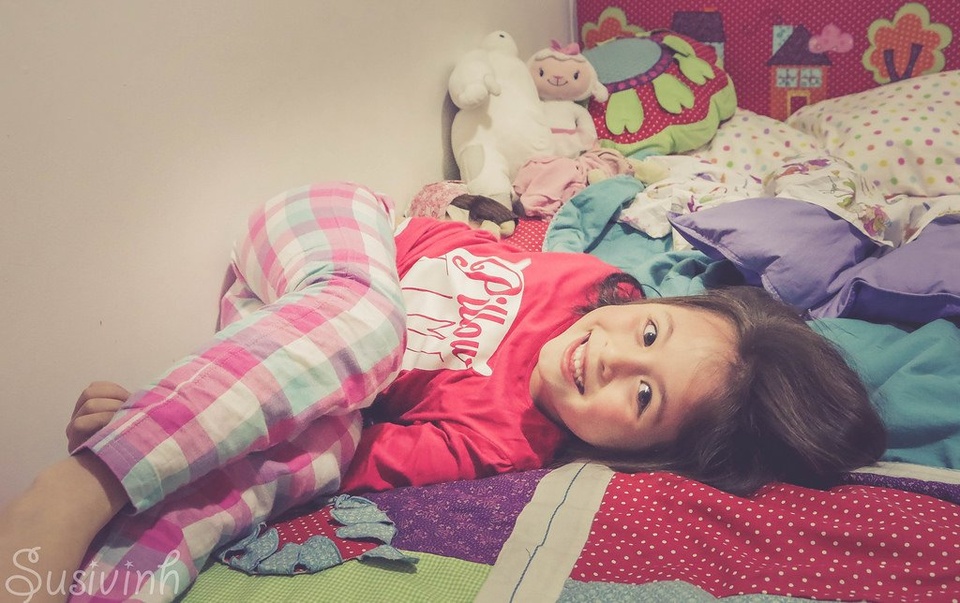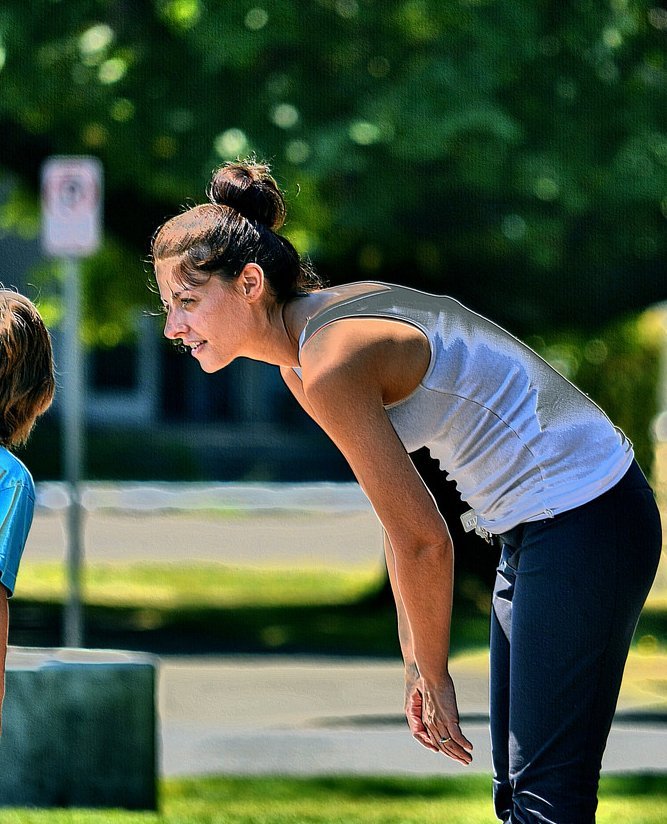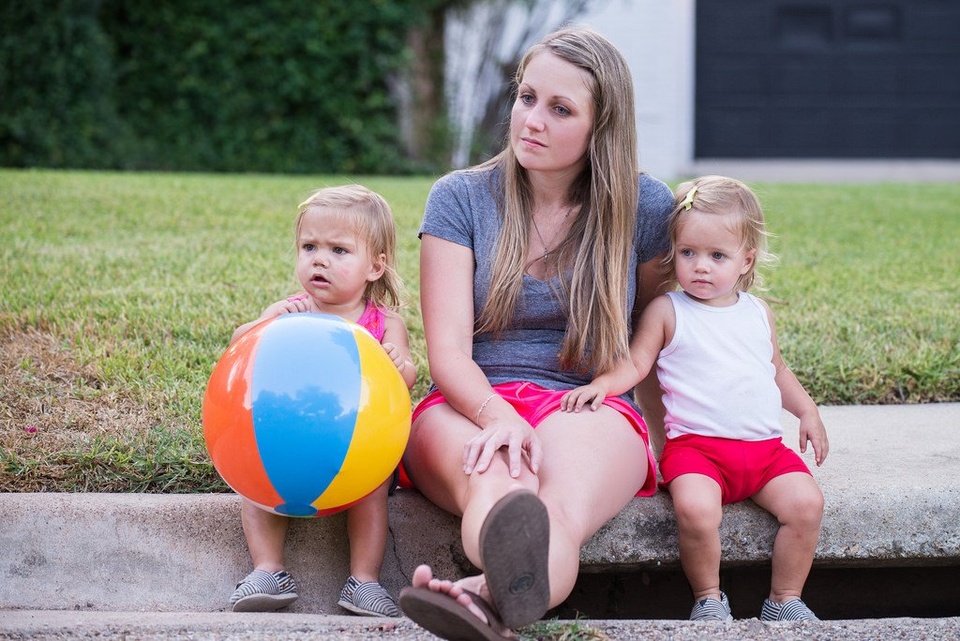
Feature image stockyimages / Shutterstock
Learning how to effectively communicate with your children is an important step in building a long lasting, positive relationship with them. But parenting isn’t always easy, and neither is communication. Instead, it’s a process that both you and your child will continue to work on as your relationship grows. Here are some tips for communicating effectively with your kids.

Photo by skeeze
Be Available

Photo by susivinh
To have effective communication with your children, you need to make time for it. Try paying attention to times when your kids seem more open and ready for conversation. Is it at the dinner table? On the drive to school? Right before bed? Make use of the times when your kids are most comfortable, then begin the conversation to show that you care about what’s happening in their lives.
Remove Distractions

Photo by swong95765
There are so many ways we can be distracted in our daily lives. Try to remove as many of these as you can when talking with your child. Put away your phone, turn off the TV and close the book you’re reading. Let your kids know you’re listening by giving them your full attention.
Get to Child’s Level

Photo by donnierayjones
Particularly when you’re child is young, avoid looming over them when having a conversation. Instead, pull up a chair or even kneel down to be at eye-level. This starts the conversation from a place of equality rather than with heavy power dynamics.
Avoid Bulldozing

Photo by miltonhuallpa95
When your child tells you something, try to avoid bulldozing the conversation. Bulldozing can come across as interrupting their train of thoughts, bombarding them with questions, assuming you know the outcome of their story or not giving them the benefit of the doubt. Instead, take time to listen thoroughly to what your child has to say.
Respond Constructively

Photo by photosavvy
Responding with severe reactions, anger or frustration can more often than not make your child close up. Instead, try sharing your point of you without putting theirs down. Use “I feel” statements instead of accusatory ones and ask how your child feels too. Finally, help your child work towards a solution and be as supportive as possible.









